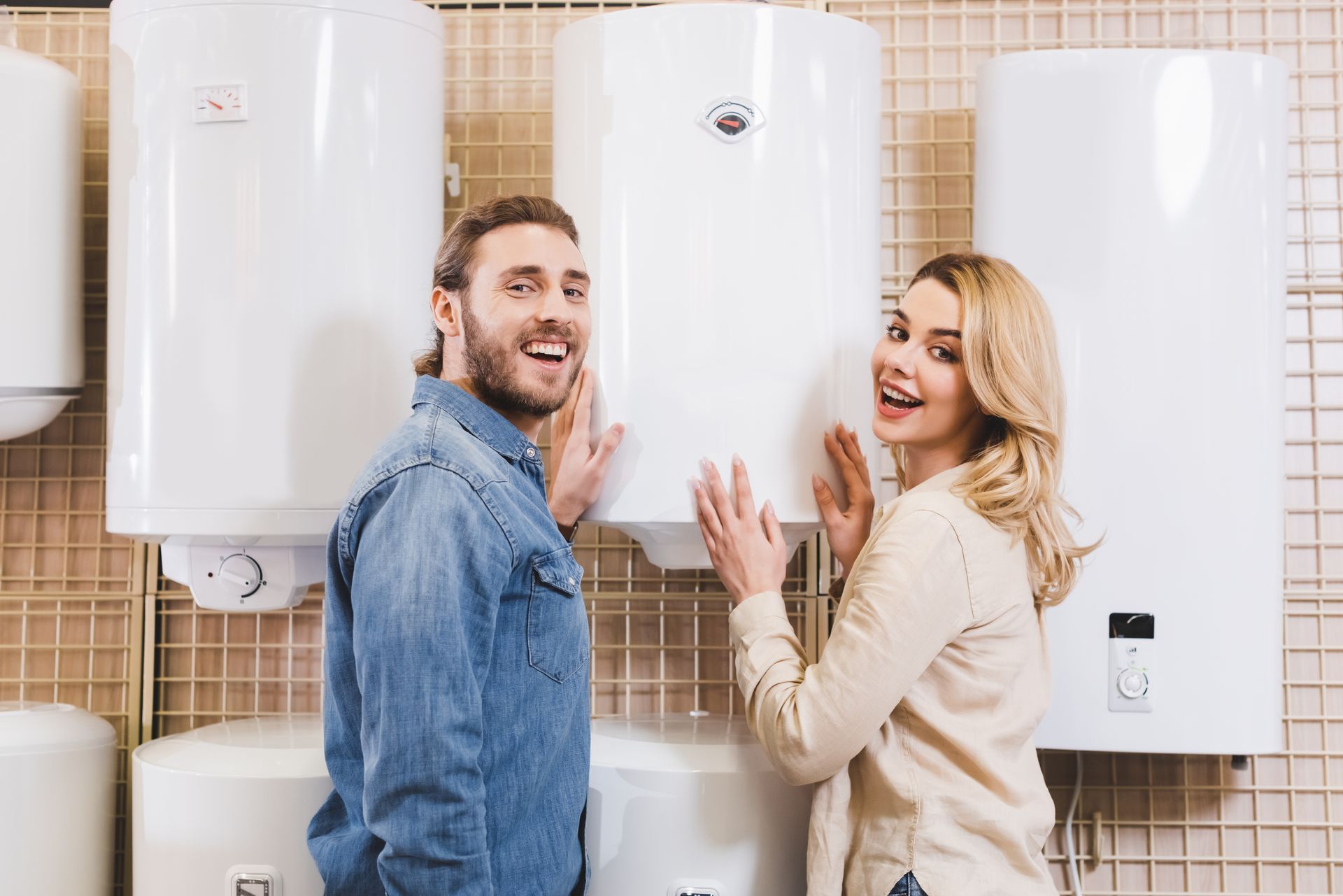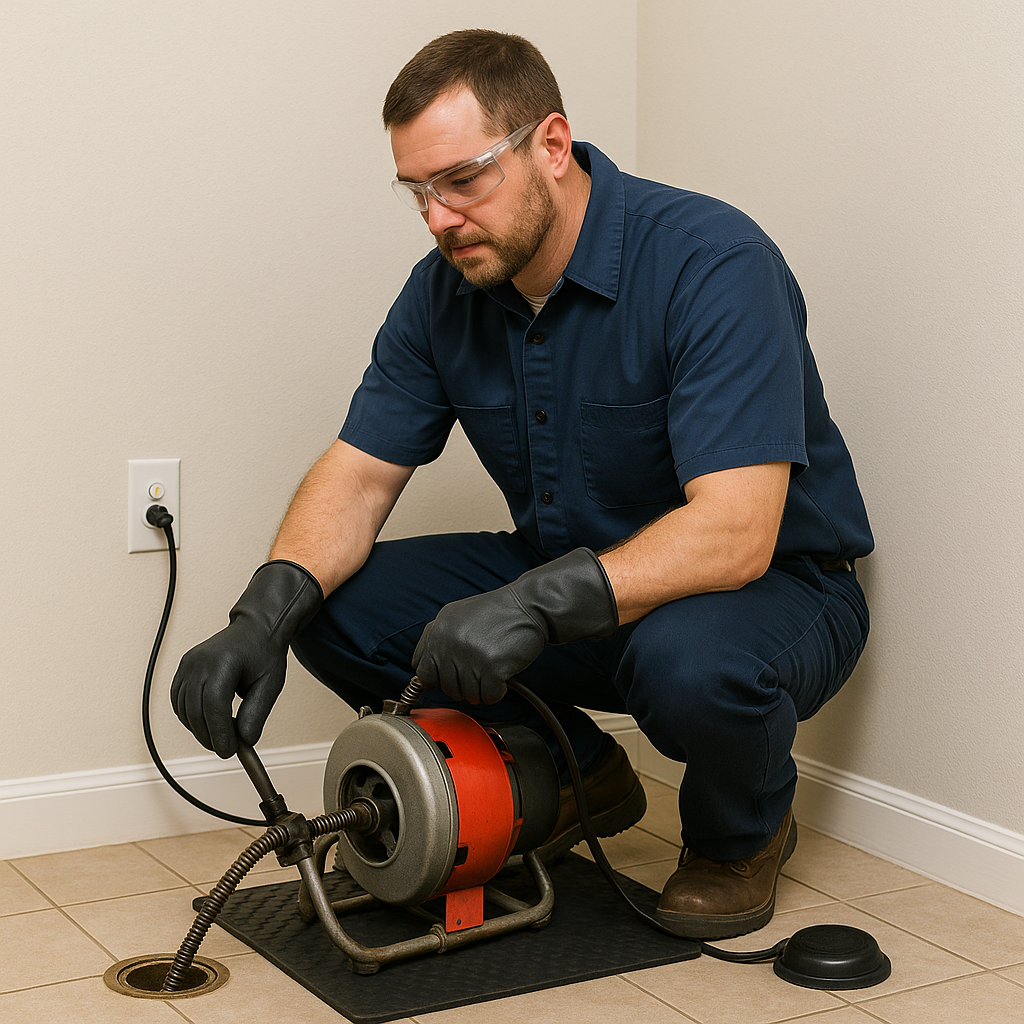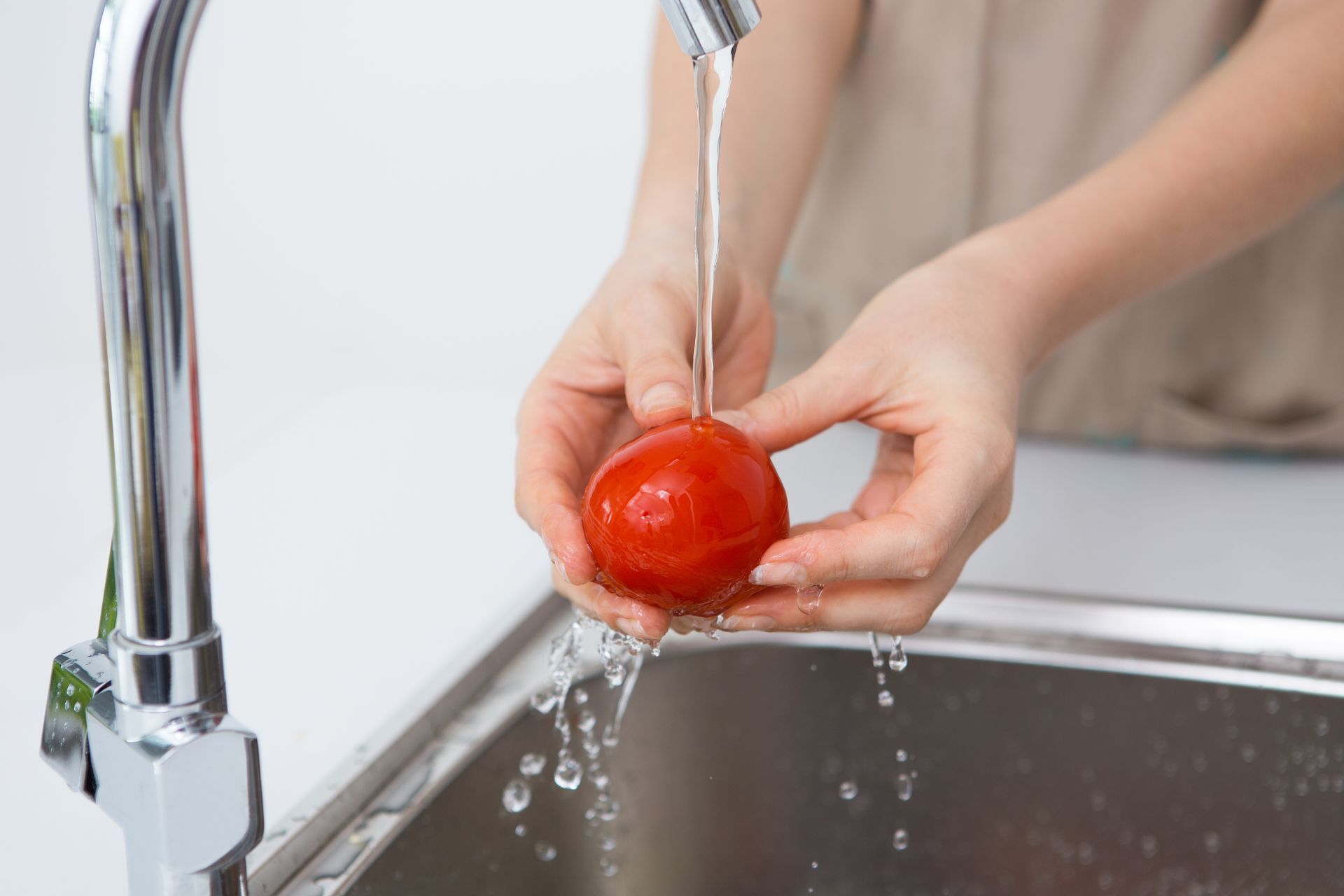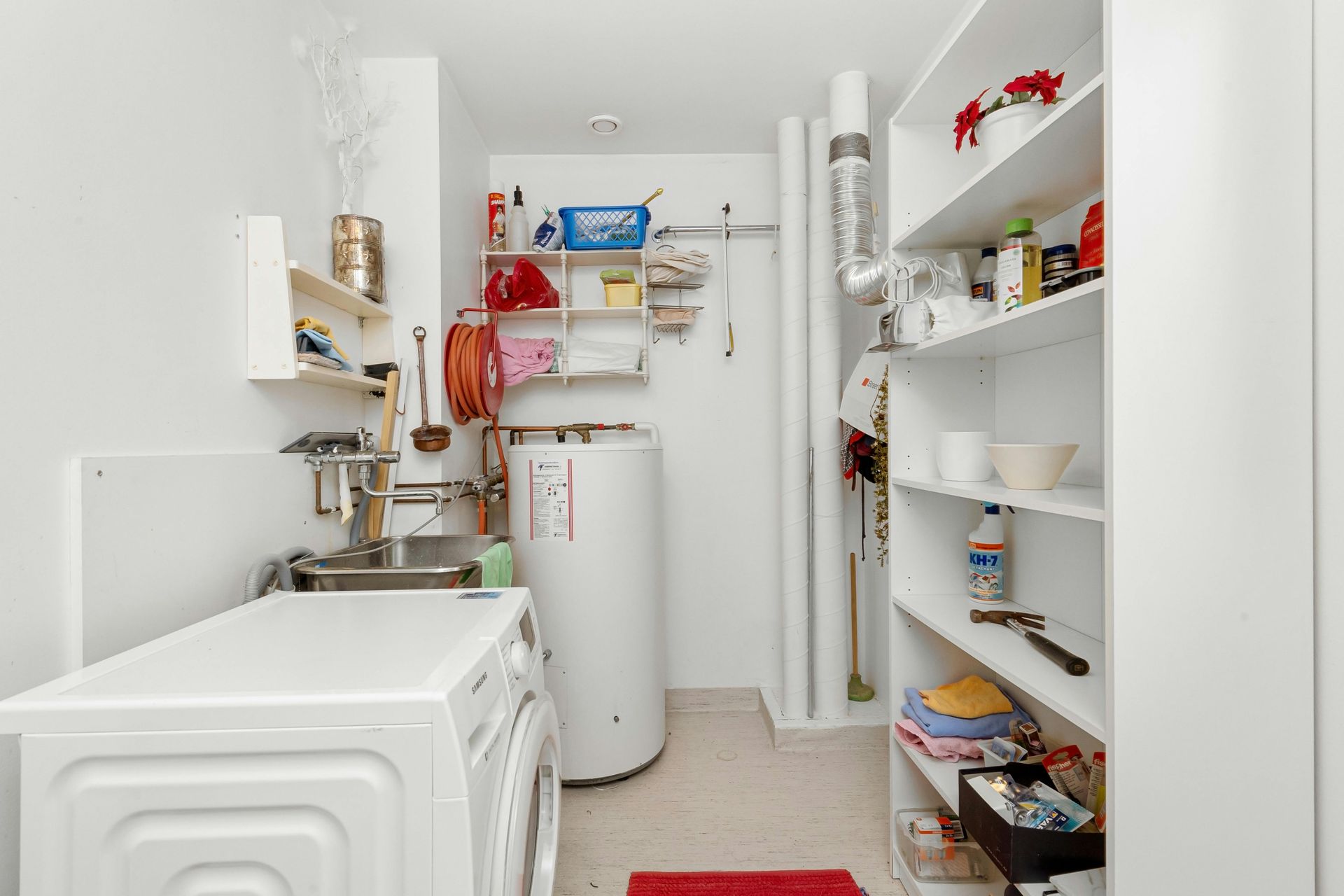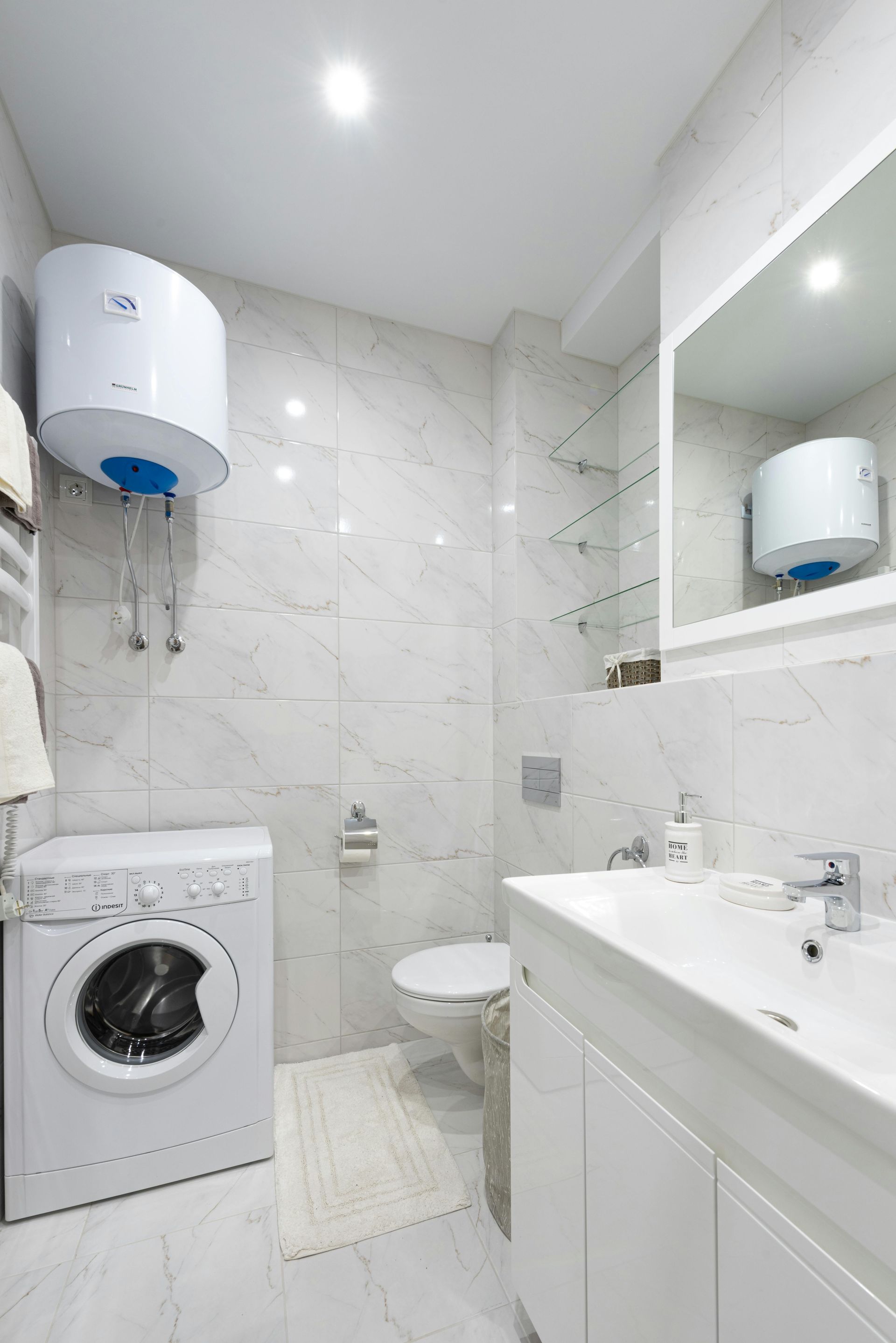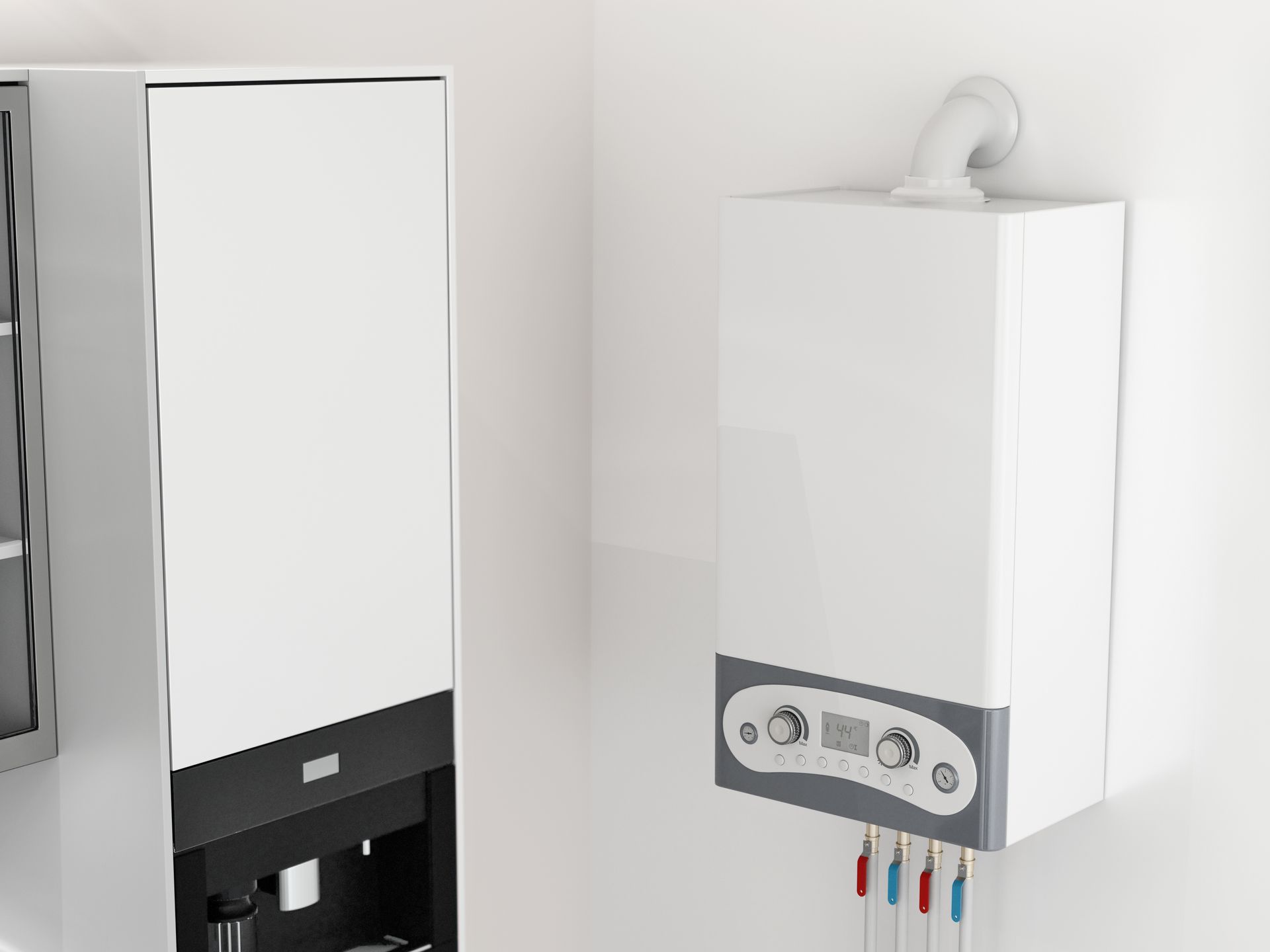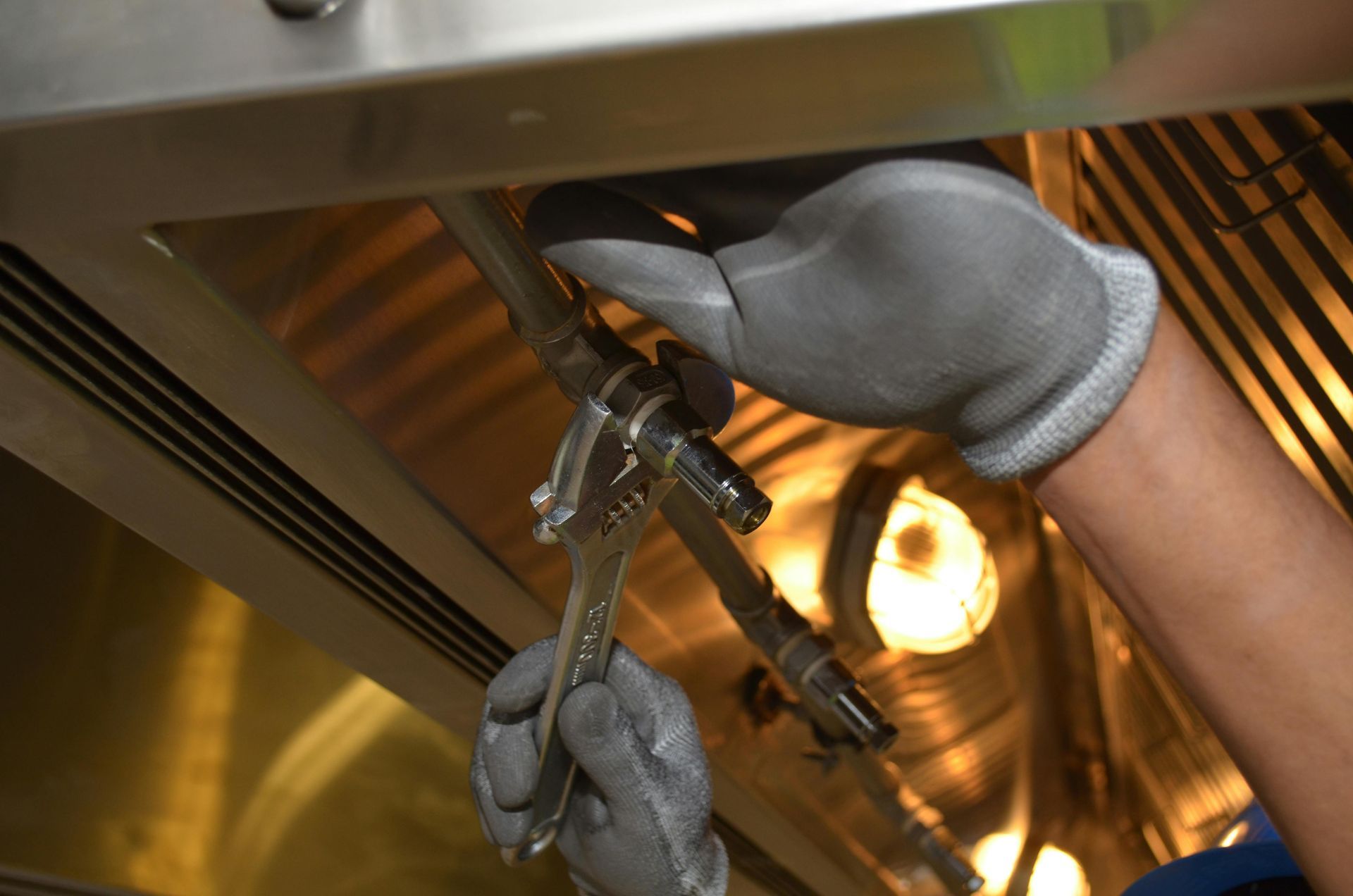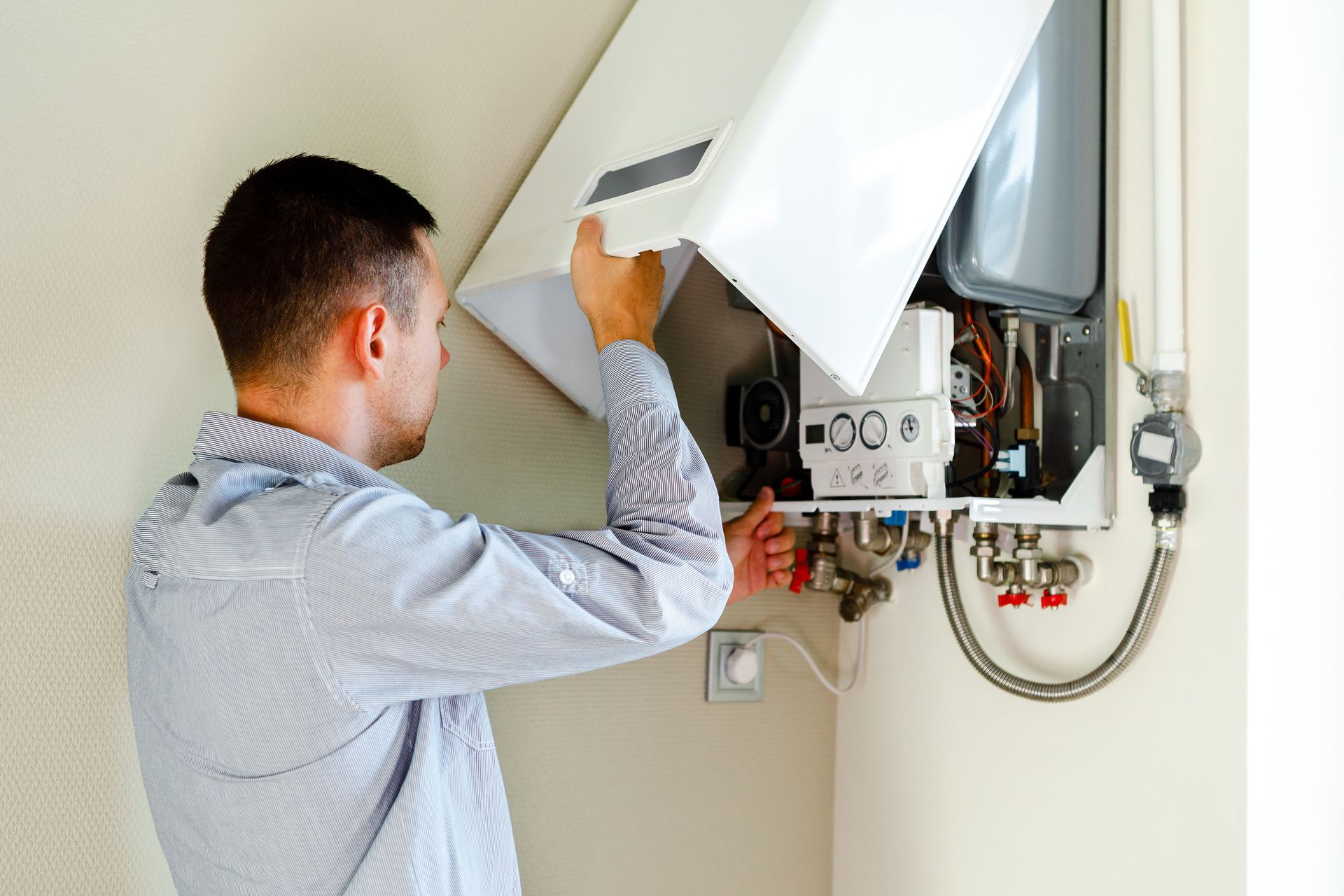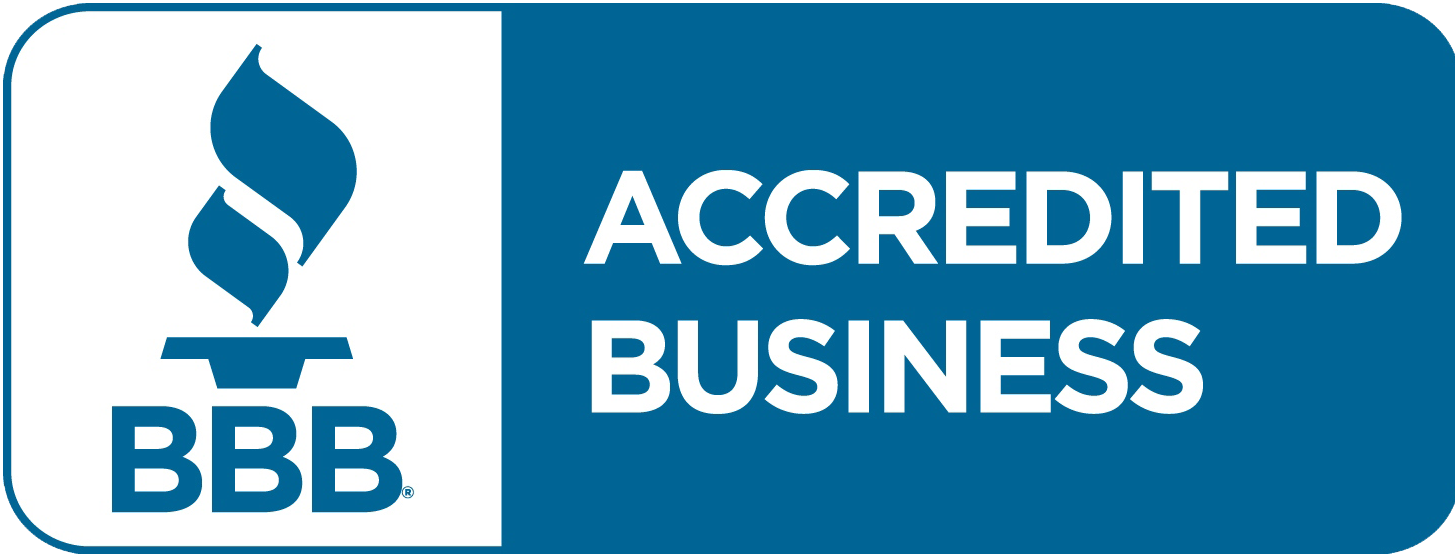The Pros and Cons of Different Types of Water Heaters: A Guide for Homeowners and Businesses
Water heaters play a crucial role in both homes and businesses, providing the hot water necessary for everyday activities such as cooking, cleaning, and bathing. However, choosing the right water heater can be daunting due to the variety of options available in today’s market. At Triple J Plumbing LLC, we specialize in installing, maintaining, and repairing gas, electric, solar, and tankless water heaters for our clients in New Castle, IN. Whether you need a water heater for residential or commercial plumbing, our team of skilled plumbers is here to help.
In this guide, we will break down the pros and cons of the most popular water heater types, allowing you to make an informed decision that best suits your needs. By exploring the benefits and drawbacks of each option, you can find the right water heater for your home or business. If you ever need expert advice or assistance, don’t hesitate to contact Triple J Plumbing LLC at
(765) 444-2099.
1. Gas Water Heaters: Reliable and Efficient
Gas water heaters are a popular choice for homeowners and businesses, particularly in areas where natural gas is readily available. These heaters use gas burners to heat water stored in a tank, which is then distributed throughout the building.
Pros:
- Energy Efficient: Gas water heaters tend to heat water more quickly than electric models, making them ideal for larger households or commercial properties with higher hot water demands.
- Lower Operating Costs: Natural gas is often cheaper than electricity, which can result in significant savings on energy bills over time.
- Works During Power Outages: Since gas water heaters don’t rely on electricity, they continue to function even when the power goes out, which is particularly useful during emergencies.
Cons:
- Higher Upfront Costs: Gas water heaters typically have a higher initial cost compared to electric models.
- Requires Gas Line Installation: If your home or business doesn't already have a natural gas line, installation can be expensive.
- Ventilation Requirements: Proper venting is necessary to ensure that harmful gases, such as carbon monoxide, are safely expelled from your property.
2. Electric Water Heaters: Affordable and Easy to Install
Electric water heaters are commonly used in homes and businesses due to their affordability and ease of installation. These units use electric heating elements to warm the water stored in a tank.
Pros:
- Lower Upfront Costs: Electric water heaters are typically less expensive to purchase and install, making them an attractive option for budget-conscious homeowners and businesses.
- Easy Installation: Unlike gas heaters, electric models do not require ventilation or a gas line, simplifying the installation process.
- Quiet Operation: Electric water heaters generally operate more quietly than gas heaters, making them ideal for smaller homes or spaces where noise is a concern.
Cons:
- Higher Operating Costs: Electricity is often more expensive than natural gas, so electric water heaters may result in higher energy bills over time.
- Slower Heating Time: Electric heaters take longer to heat water compared to gas models, which can be an issue for larger households or commercial buildings with high hot water demands.
- No Power Backup: Electric water heaters will not function during a power outage, which can be a disadvantage during storms or other emergencies.
3. Solar Water Heaters: Environmentally Friendly and Cost-Effective in the Long Run
Solar water heaters harness energy from the sun to heat water, offering an eco-friendly option for homeowners and businesses looking to reduce their carbon footprint.
Pros:
- Environmentally Friendly: Solar water heaters produce zero emissions and use renewable energy, making them a great choice for environmentally conscious individuals and businesses.
- Long-Term Savings: While the initial investment may be higher, solar water heaters can significantly reduce energy bills over time, especially in sunny regions.
- Increases Property Value: Installing a solar water heater can enhance your property’s value, as more buyers are looking for homes and businesses with sustainable features.
Cons:
- High Initial Cost: Solar water heaters tend to have a high upfront cost, including the price of solar panels and installation.
- Weather Dependent: While solar water heaters are effective in sunny climates, their efficiency can be reduced in cloudy or cold conditions, necessitating a backup system.
- Requires Space for Panels: Solar water heaters require roof space or yard space for solar panels, which may not be feasible for some properties.
4. Tankless Water Heaters: Space-Saving and On-Demand Hot Water
Tankless water heaters, also known as on-demand water heaters, heat water as it passes through the unit rather than storing it in a tank. These systems are becoming increasingly popular in both residential and commercial plumbing applications.
Pros:
- Energy Efficient: Since tankless water heaters only heat water when needed, they are more energy-efficient compared to traditional tank models, reducing utility bills.
- Unlimited Hot Water: With a tankless system, you never run out of hot water because it is heated on demand, making it ideal for larger families or businesses with high hot water usage.
- Space-Saving: Tankless water heaters are compact and can be mounted on a wall, saving valuable space in your home or business.
Cons:
- Higher Upfront Costs: Tankless water heaters tend to be more expensive to purchase and install compared to traditional tank models.
- Limited Flow Rate: While tankless heaters provide endless hot water, they may struggle to supply enough hot water if multiple fixtures are used simultaneously, such as in a large home or business.
- Requires Professional Installation: Proper installation of a tankless system requires expertise, particularly when it comes to sizing and venting, which may increase installation costs.
Choosing the Right Water Heater for Your Needs
When deciding which type of water heater to install, consider factors such as your budget, the size of your property, your hot water usage, and your energy efficiency goals. Gas water heaters are great for those with higher hot water demands and access to natural gas, while electric models are more affordable and easier to install. Solar water heaters offer long-term savings and environmental benefits but come with higher upfront costs. Tankless water heaters are ideal for those seeking energy efficiency and space-saving solutions but may not be suitable for every household or business.
Contact Triple J Plumbing LLC for Your Water Heater Needs in New Castle, IN
At
Triple J Plumbing LLC, we are committed to helping you find the best
water heater solution for your home or business. Whether you need installation, repair, or maintenance services, our team of experienced plumbers is here to assist you with all your residential and commercial plumbing needs. As an
emergency plumber and
24-hour plumber, we are available around the clock to ensure that your water heating system is running smoothly. We also do
general plumbing repairs,
residential and
commercial plumbing, and
backflow certification and repair. Contact us today at
(765) 444-2099 to schedule a consultation or service appointment.
FAQs
What size water heater do I need for my home?
The size of the water heater you need depends on the size of your household and your hot water usage. As a general rule, larger households require larger tanks, while smaller homes can get by with smaller units. For expert advice, contact Triple J Plumbing LLC to assess your specific needs.
How long do water heaters typically last?
Most traditional water heaters last between 8 to 12 years, while tankless models can last 20 years or more with proper maintenance. Regular maintenance by a professional plumber can help extend the lifespan of your water heater.
Can I install a water heater myself?
While some homeowners may attempt to install a water heater on their own, it’s recommended to hire a licensed plumber. Improper installation can create safety issues, reduce efficiency, and void the warranty.
How often should I have my water heater serviced?
Water heaters should be inspected and serviced at least once a year to ensure optimal performance and longevity. This maintenance includes flushing the tank, checking for leaks, and inspecting the pressure relief valve.
What should I do if my water heater is leaking?
If you notice a leak in your water heater, turn off the water supply to the unit and contact an emergency plumber immediately. Leaks can cause water damage and indicate a more serious problem with your system.


